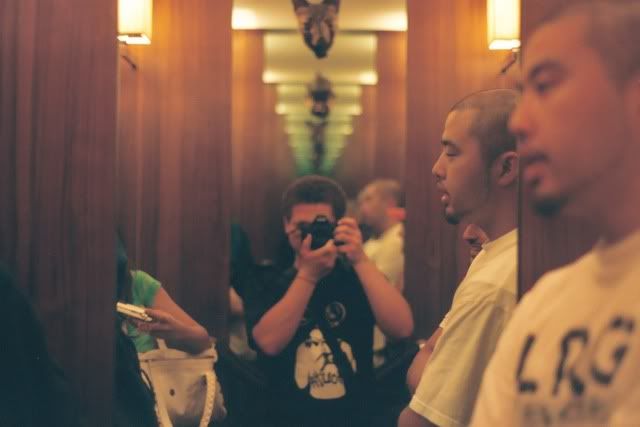I just finished the game Call of Cthulhu: Dark Corners of the Earth on the PC, and I must say it is one of the most frustrating games I've ever played. Despite this, it does have one of the coolest stories I've ever seen in a game, and it is told with considerable skill. There are a lot of genuinely creepy moments that put Resident Evil and its ilk to shame, and the atmosphere is very immersive. The ending is also excellent.
The problem is that the game is marred by several design flaws and a slew of bugs. A crappy save system is the main problem and the end of the game is almost unbeatable because of one of these bugs. There is a wonderful, unofficial, "patch" available that fixes a few things and makes the game a lot easier. I only used it to get past the endgame bug I spoke of, as the patch makes you move faster, which is a big help as you are trying to escape an underwater city that is about to explode.
Using the patch may make the game too easy, as it also makes you do more damage and things like that. But, in all honesty, if I'd had the patch at the beginning, I'd probably not be writing about how frustrating the game is, but how awesome it is. So, get the patch, then play the game. If you don't get the patch, don't ever play it, because it will make you want to pull your hair out.
Technorati Tags: video games, PC games, computer games, call of cthulhu, cthulhu, bethesda, survival horror
The problem is that the game is marred by several design flaws and a slew of bugs. A crappy save system is the main problem and the end of the game is almost unbeatable because of one of these bugs. There is a wonderful, unofficial, "patch" available that fixes a few things and makes the game a lot easier. I only used it to get past the endgame bug I spoke of, as the patch makes you move faster, which is a big help as you are trying to escape an underwater city that is about to explode.
Using the patch may make the game too easy, as it also makes you do more damage and things like that. But, in all honesty, if I'd had the patch at the beginning, I'd probably not be writing about how frustrating the game is, but how awesome it is. So, get the patch, then play the game. If you don't get the patch, don't ever play it, because it will make you want to pull your hair out.
Technorati Tags: video games, PC games, computer games, call of cthulhu, cthulhu, bethesda, survival horror


